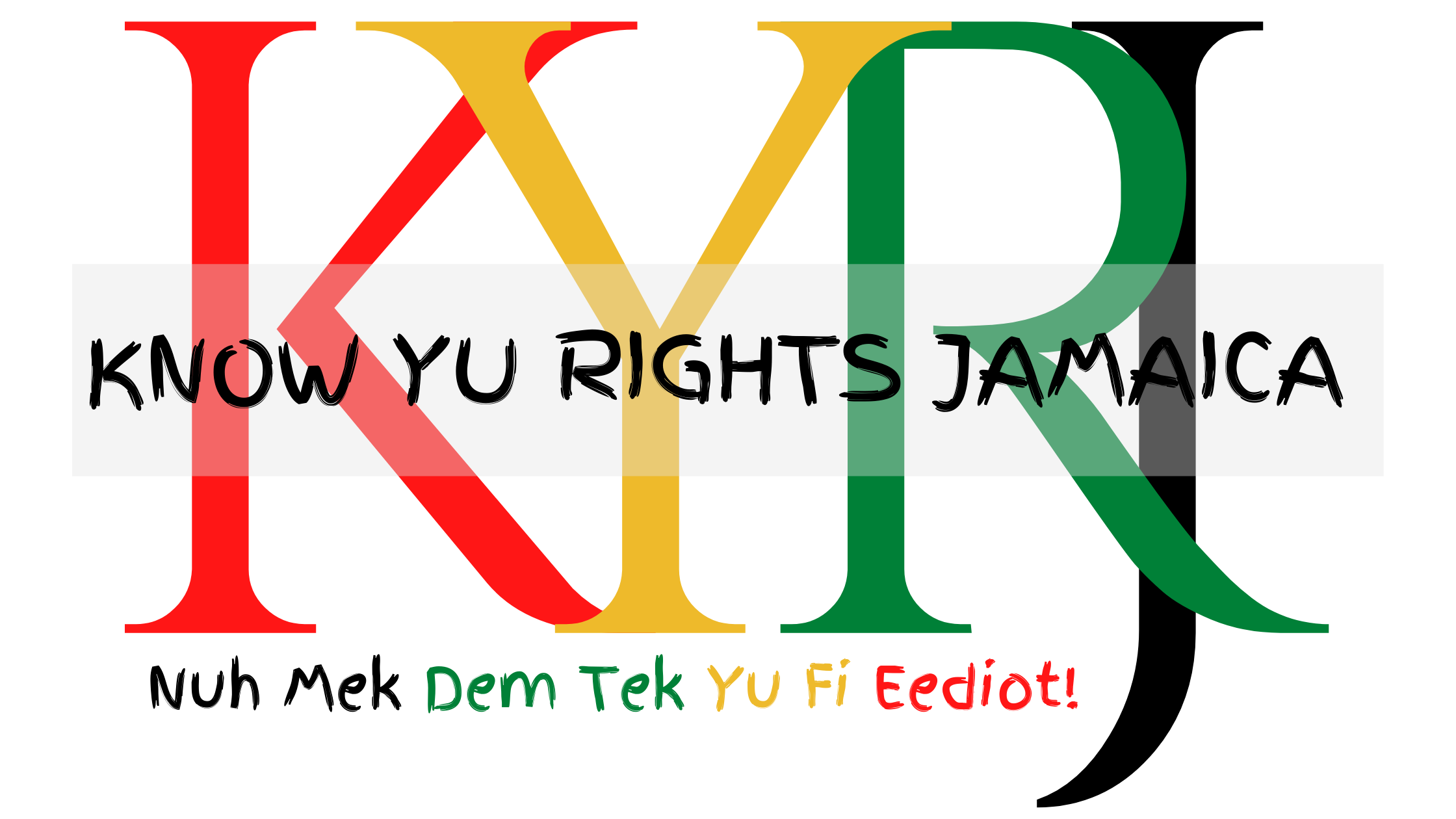DISCLAIMER: The content of this website, by its very nature, is general, whereas each user’s situation is unique. Therefore, please note the information contained within this website is for informational purposes only. All efforts have been executed to present accurate, up to date, and reliable, complete information. No warranties of any kind are declared or implied. Users of this website acknowledge that the Know Yu Rights Jamaica website is not engaging in the rendering of legal, financial or professional advice.
Please read our Privacy Policy & Terms of Use for further information.
Shift work refers to a work schedule that deviates from the standard 8am to 5pm working hours, typically involving employees working during different periods of the day or night in rotating or fixed shifts. Some businesses may operate on two shifts, while others operate on three shifts. The number of days per week that the business operates will vary.
In Jamaica, shift work is prevalent across various industries, reflecting the global trend of a 24/7 economy. Some examples of industries with prevalent shift work in Jamaica include:
- Manufacturing and Production: Factories and manufacturing facilities often operate in multiple shifts to maximize production. Employees may work in day, evening, or night shifts, depending on the production demands.
- Healthcare: Hospitals and healthcare facilities require round-the-clock staffing. Nurses, doctors, and other healthcare professionals often work in rotating shifts to ensure continuous patient care.
- Call Centers and BPOs (Business Process Outsourcing): The outsourcing industry in Jamaica, including call centers, operates on different time zones to provide services to clients in various parts of the world. This results in employees working in shifts that align with their target markets.
- Hospitality and Tourism: Hotels, restaurants, and other tourism-related businesses often have shift work to accommodate guests at all hours. Front desk staff, kitchen workers, and security personnel may work in different shifts.
- Transportation and Logistics: The transportation sector, including airports and shipping ports, operates around the clock. This requires employees such as air traffic controllers, truck drivers, and port workers to work in shifts.
Shift durations can vary, with common shift patterns being 8 hours, 10 hours, or 12 hours. Rotating shifts may involve employees changing between morning, afternoon, and night shifts over a specific period, while fixed shifts stick to a consistent schedule.
It’s important to note that the prevalence of shift work in Jamaica is influenced by the specific industry and its operational requirements. The country’s economic activities and globalization trends contribute to the widespread adoption of shift work practices in various sectors.
Can You Refuse To Work A Double?
A “double” is when an employee is asked to work two consecutive shifts. A shift normally has a duration of 8 hours, 10 hours or 12 hours. Therefore, if you were to do a double and each shift is 8 hours, then doing a double would mean you are required to work for 16 hours straight.
According to The Employment (Flexible Work Arrangements) (Miscellaneous Provisions) Act, 2014, an employee can work up to 12 hours per day. Therefore, working 16 hours in one day would have to be your choice. Your employer cannot force you to work more than 12 hours per day.
So, yes, you can refuse to do a double…if your employment contract does not state otherwise. For example, some contracts may state that you will automatically work a double if your coworker does not show up for work. Therefore, always check your employment contract to fully understand what you are agreeing to.
What Is The Minimum Time Between Shifts?
According to the labour laws, there is no explicitly stated minimum time between shifts.
Can My Employer Force Me To Change My Shift?
Whether your employer can force you to change your shift depends on several factors, including:
Your Employment Contract:
- Does your contract specify your working hours? If so, any changes should be negotiated mutually unless the contract allows unilateral changes with notice.
- Does your contract have a “flexibility clause”? Such clauses give employers some leeway to adjust schedules, but they have limits and may require reasonable notice.
Exceptions:
- Emergencies: May justify temporary changes, but worker safety and minimal fatigue should be prioritized.
- Certain workers: Family workers, managing executives, or those in religious ceremonies might have different rules.
Negotiation and Alternatives:
- Communicate with your employer: Discuss concerns and explore alternatives like shift swaps or temporary adjustments before refusing a change.
- Consider internal policies: Some workplaces have written policies on shift changes that provide more detailed guidance.
Ultimately, while employers have some flexibility in scheduling, they cannot disregard your reasonable rest needs or contractual agreements. Open communication and understanding these factors can help navigate shift changes smoothly.
Shift Premium
In Jamaica, a shift premium refers to the additional pay an employee receives for working outside of standard business hours. These “standard” hours are typically considered to be 8:00 AM to 5:00 PM, Monday through Friday.
Therefore, any work done during evenings, nights, weekends, or holidays may qualify for a shift premium. The purpose of this premium is to:
- Compensate employees for the inconvenience of working less desirable hours.
- Attract and retain workers who are needed for these non-standard shifts.
Here are some key points about shift premiums in Jamaica:
- There is no single law that directly addresses them. Instead, agreements are usually made via Collective Labour Agreements, where unions negotiate with employers the premium for employees who work on certain shifts. Here, you can view the agreement made between the Government of Jamaica (GOJ) and the Public Sector, as it relates to shift premium.
- Shift premiums are typically expressed as:
- A percentage of the employee’s regular hourly rate, e.g., 10%.
- A fixed amount per hour.
- A fixed amount per shift.
- The specific amount and applicability of shift premiums can vary depending on the:
- Industry or sector.
- Employer.
- Employee’s position and level of experience.
- Union agreement (if applicable).
Shift Work In Jamaica
Understanding your employment contract is vital to ensuring you receive fair compensation for your work, especially when it involves shift work.
Your contract outlines the specific shift patterns, premium rates, and any exceptions that may apply. Taking the time to familiarize yourself with this information empowers you to ask questions, advocate for yourself, and ensure you’re receiving the proper pay for your contributions.
If you have any doubts or require clarification, don’t hesitate to reach out to your supervisor or Human Resources department. Remember, knowledge is power, and understanding your contract is the key to ensuring a fair and rewarding work experience.

